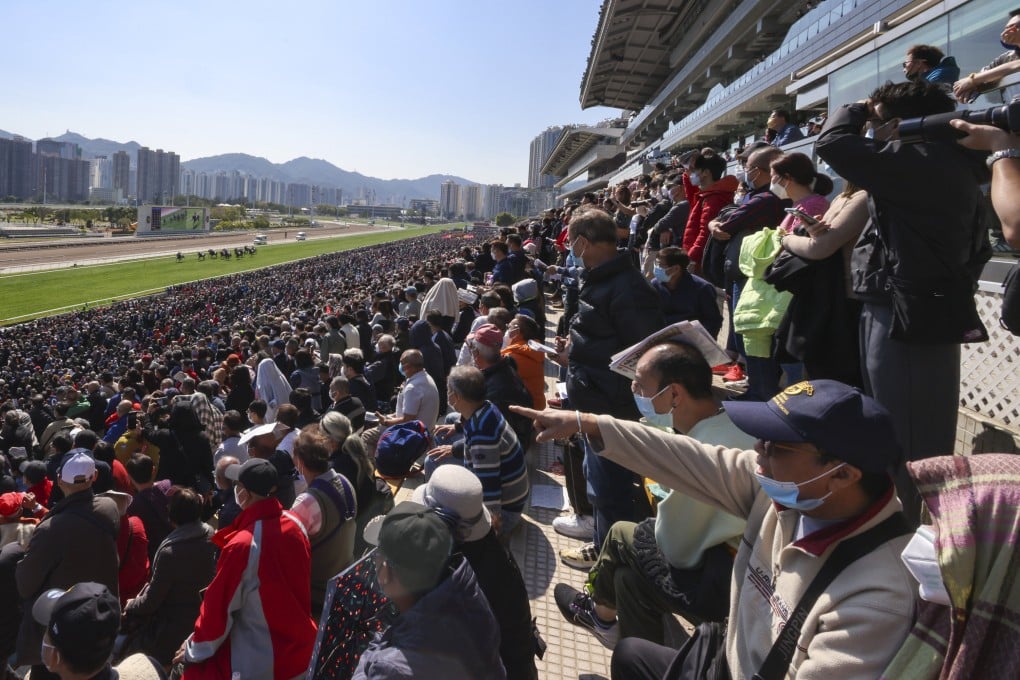Macroscope | Hong Kong wants to raise cash but taxing Jockey Club isn’t the right way
- The club is already Hong Kong’s largest taxpayer and one of Asia’s top donors, with charity contributions outpacing growth during the pandemic
- With higher taxes likely to eat into competitiveness and revenue, calls to raise betting duties will do little beyond earning politicians brownie points

However, a closer reading of the facts exposes the flawed nature of this argument. First, HKJC is the single biggest taxpayer to the Hong Kong government, thanks to the betting duties levied on horse and football betting. In the 2021/22 financial year, it returned a record HK$33.6 billion (US$4.3 billion) to the community.
Although HKJC achieved a new turnover record of HK$290 billion in 2021/22, this needs to be put into perspective. Between 2011 and 2022, HKJC’s charity donations increased by 288 per cent. However, its net margin only increased by 96 per cent in the same period.
The growth of HKJCs charity contributions has far outpaced its business growth rate. Its charitable work, spanning elderly services, education, sports, and arts and culture, complements what the government provides and strengthens civil society collaborations.
